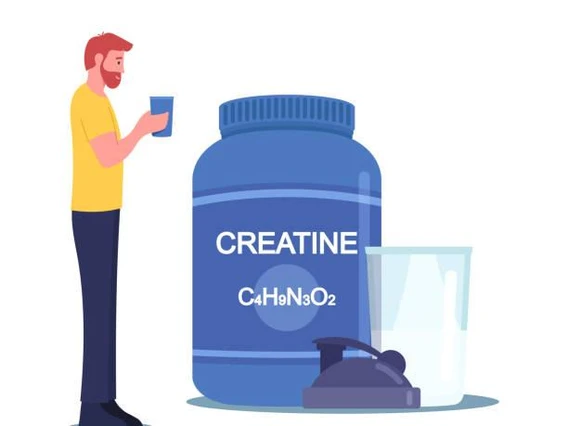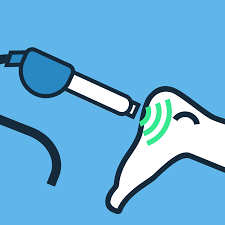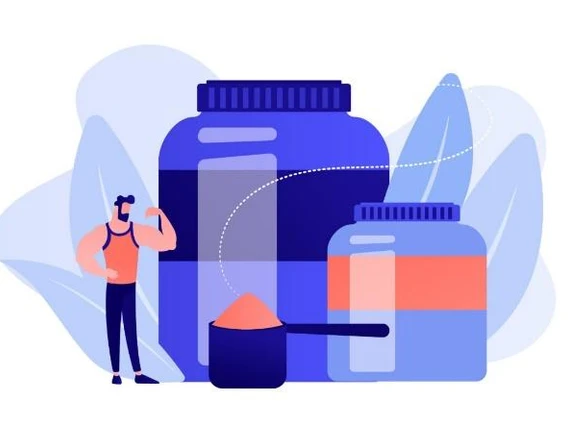How Much Protein Do I Need?
The amount of protein an individual needs can vary based on several factors, including age, sex,

weight, activity level, and overall health goals. Protein is essential for building and repairing tissues, producing enzymes and hormones, and supporting various physiological functions. Here are general guidelines for protein intake:
Recommended Dietary Allowance (RDA):
The Recommended Dietary Allowance (RDA) for protein is established by health organizations to provide general guidelines for daily protein intake:
- For Adults:
- The RDA for most adults is 0.8 grams of protein per kilogram of body weight per day.
For example, if you weigh 68 kilograms (150 pounds), the calculation would be:
Protein Intake=Body Weight (kg)×0.8Protein Intake=Body Weight (kg)×0.8
So, for a 68-kilogram individual:
68 kg×0.8=54.4 grams of protein per day68kg×0.8=54.4grams of protein per day
Factors to Consider:
1. Physical Activity Level:
- Individuals who engage in regular physical activity or strength training may have higher protein needs to support muscle repair and growth. Athletes and those with intense training regimens might require 1.2 to 2.0 grams of protein per kilogram of body weight.
2. Age and Life Stage:
- Protein needs may vary based on age and life stage. Children, adolescents, pregnant women, and breastfeeding women have different protein requirements.
3. Health Goals:
- Individuals with specific health goals, such as muscle building, weight loss, or certain medical conditions, may require adjustments to their protein intake. Consultation with a healthcare professional or a registered dietitian can provide personalized guidance.
Protein-Rich Foods:
Including a variety of protein-rich foods in your diet is essential. Good sources of protein include:
- Lean meats (chicken, turkey, lean beef)
- Fish and seafood
- Eggs
- Dairy products (milk, yogurt, cheese)
- Plant-based proteins (beans, lentils, tofu, nuts, seeds)
- Quinoa
- Greek yogurt
- Cottage cheese
Timing and Distribution:
Distributing protein intake evenly throughout the day is generally recommended to optimize muscle protein synthesis. Including a source of protein in each meal and snack can help achieve this.
Signs of Protein Deficiency:
Inadequate protein intake can lead to symptoms of protein deficiency, including muscle loss, weakness, fatigue, and impaired immune function.
It’s important to note that individual protein needs can vary, and factors such as health status,body composition goals, and metabolic rate should be considered when determining optimal protein intake. If you have specific health concerns or fitness goals, consulting with a healthcare professional or a registered dietitian can provide personalized recommendations tailored to your individual needs.














































